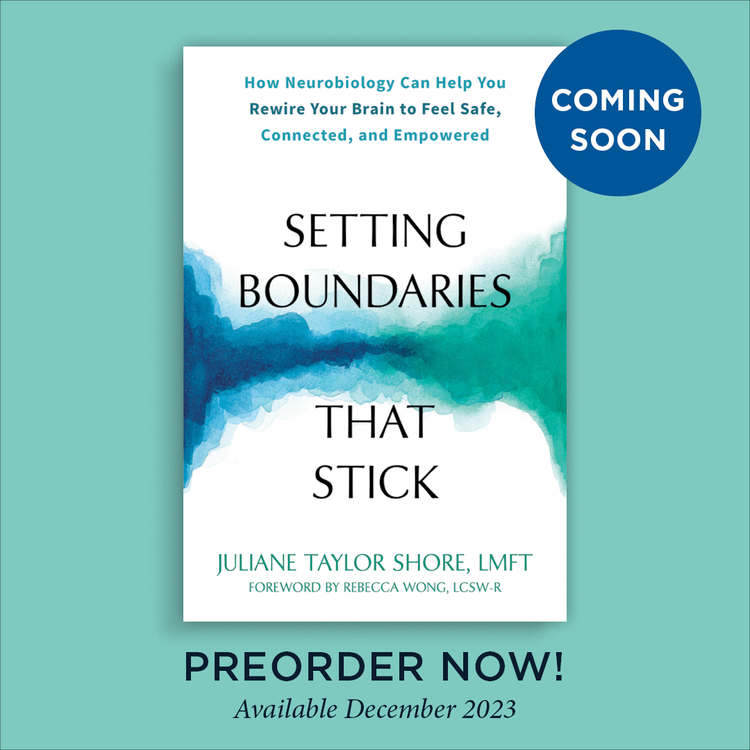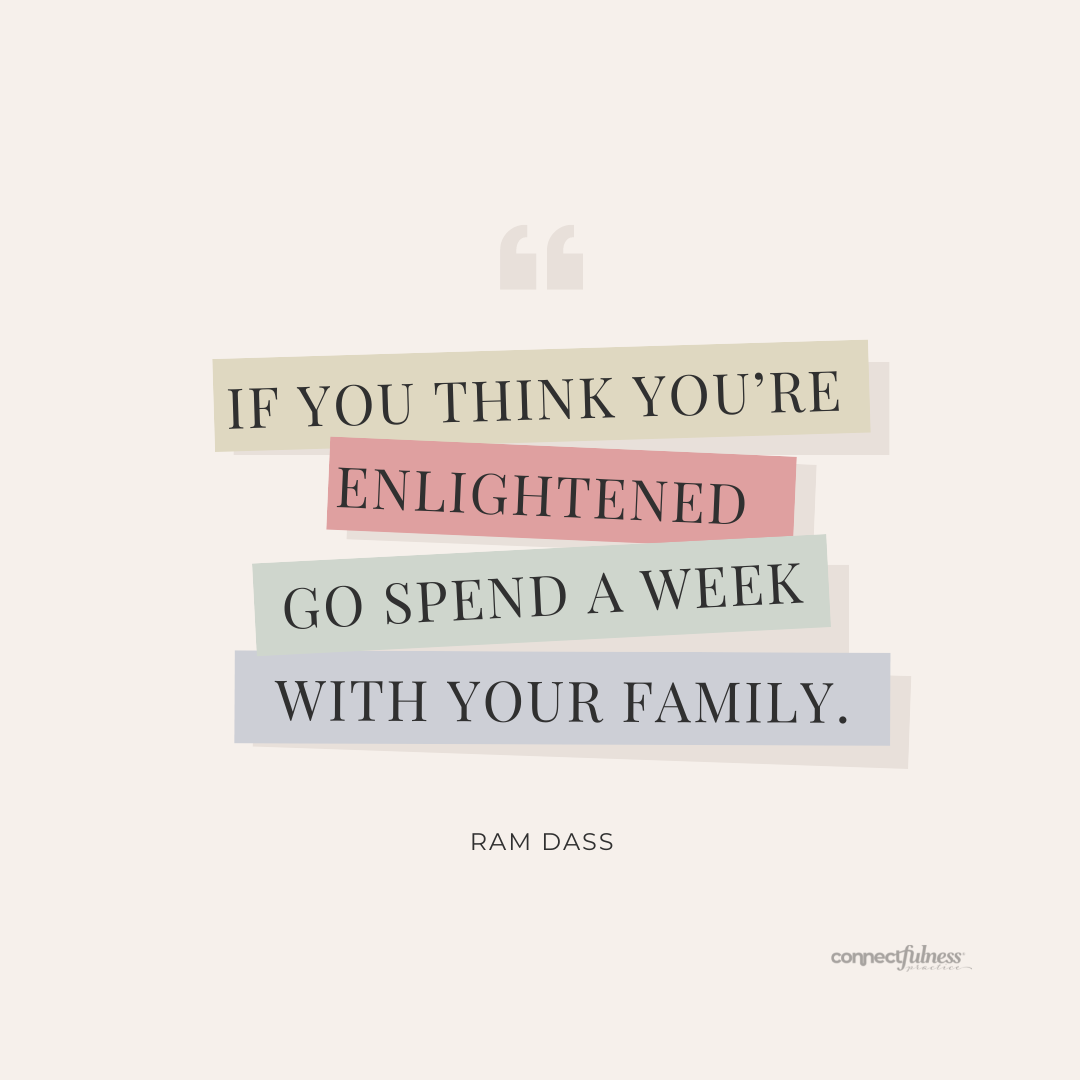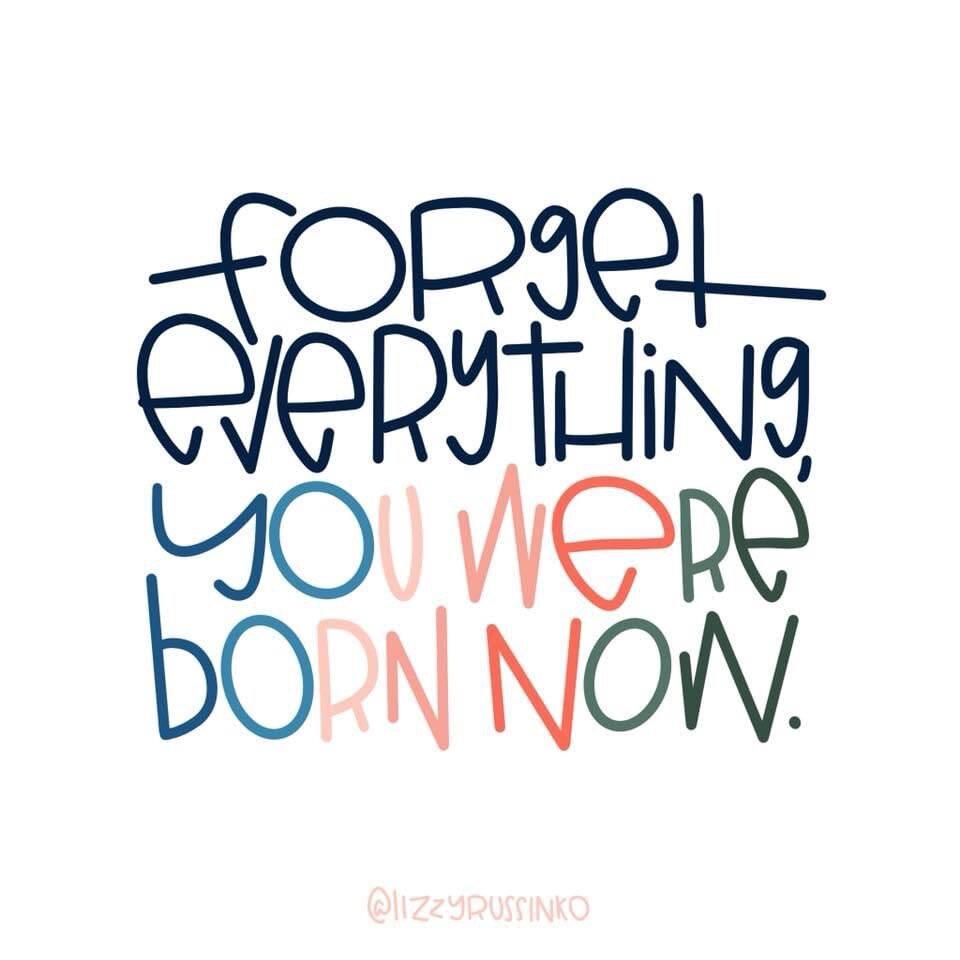When my dear friend, collaborator, mentor Juliane Taylor Shore (ask Jules) asked me to write the foreword for her book Setting Boundaries That Stick: How Neurobiology Can Help You Rewire Your Brain to Feel Safe, Connected, and Empowered I didn’t fully recognize the ways agreeing to this process would open me to new and deeper learnings.
As I deepened into the book and started implementing the brain savvy practices Jules presents I better understood — on a felt sense level — healthy boundaries are conscious practices we do; they are not what others do or don’t do.
Healthy boundaries help us to deepen self trust as we navigate hard relational moments. The practices in this book will help you to be with, rather than avoid, hard moments. Jules’ teachings will move you from reactionary to revolutionary and will help you begin to undo aloneness and believe in your growing capacity to navigate hard moments and enjoy easeful flows in relationships.
I believe the teachings in this book to be deeply personal and profoundly relational — they hold the power to change the world, starting with you.
INTRODUCING: Setting Boundaries That Stick - How Neurobiology Can Help You Rewire Your Brain to Feel Safe, Connected, and Empowered
Setting Boundaries that Stick: How Neurobiology Can Help You Rewire Your Brain to Feel Safe, Connected and Empowered looks at boundaries as both internal and relational.
Your brain is capable of connection with others, creativity and nuanced complex functioning when you feel protected and safe enough. It is just as important to grow your trust in yourself, treat yourself like you are worthy of protection and kindness, and create psychological safety for yourself as it is to communicate with others clearly about what is and is not okay with you.
This book will support you to get clear with yourself about what boundaries are right for you and give you steps, practices and tools to support you in living up to those decisions. If you want to dive into boundary work with depth and nuance, if you’ve been (or know someone) looking for a book about boundaries that is practical and full of ways to find your own healthy boundaries, then this book is for you.
Find more information about the book and preorder your copy at julianetaylorshore.com/book
I’ve been implementing these practices in my life and relationships, and in my work with clients, for some time now. While these teachings do challenge my clients and I to engage with hard stuff, they do so in a way that simultaneously opens new possibilities and offers deeply profound relief.
I wish you the same.
p.s. Jules, Vickey and I are soon publishing a special edition mini-series about boundaries that gives a sweet little preview to the book on the Why Does My Partner podcast, make sure to follow the show so you don’t miss it!

































